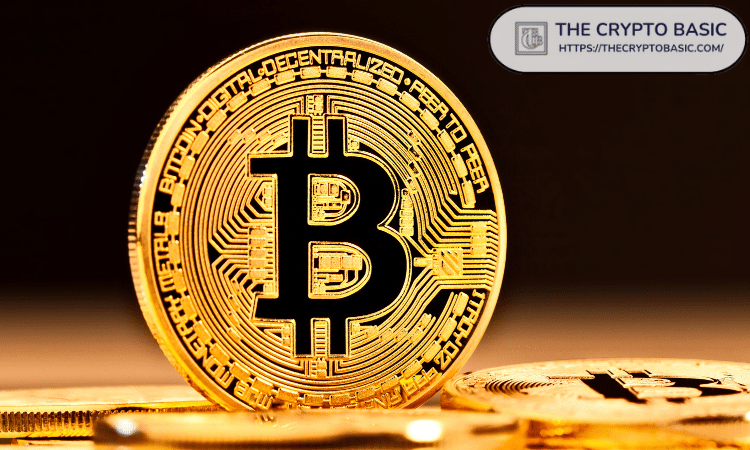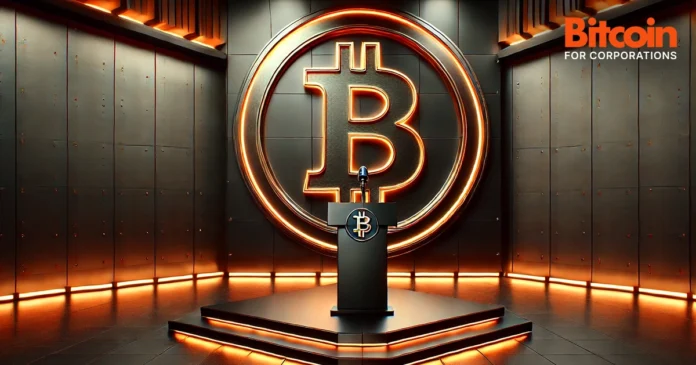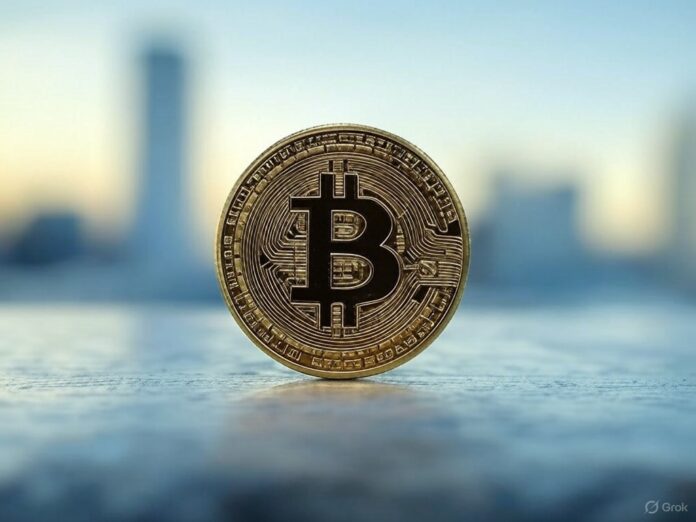Bitcoin and crypto investors remain on edge as China plans to impose retaliatory tariffs on U.S. goods in a major escalation of global trend tensions.
China has announced plans to impose an 84% tariff on goods imported from the United States. Notably, this retaliatory measure comes in direct response to the U.S. administration’s move to hike tariffs on Chinese imports to a cumulative 104%.
According to Reuters, the new Chinese tariffs will go into effect on April 10 and target a broad spectrum of American products. Simultaneously, the European Union is also preparing to launch its own countermeasures, including a phased 25% tariff regime on U.S. goods starting April 15.
Bitcoin’s Initial Reaction to Tariff Tensions
Discouragingly, this intensifying global tariff standoff has impacted the financial scene, and the crypto sector has not been immune.
Following Trump’s initial tariff announcement, Bitcoin witnessed a sharp drop, tumbling from over $80,000 to below $75,000 on April 7, its lowest level in five months. The broader crypto market also suffered, shedding about $330 billion in total market capitalization between April 6 and 7.
Although Bitcoin has shown signs of recovery, recently trading around $77,580, investor caution remains as market participants weigh the implications of continued trade fragmentation.
Binance CEO Maintains Long-Term Optimism for Bitcoin
However, according to Binance CEO Richard Teng, the resurgence of protectionist policies is fuelling increased volatility across all asset classes, including crypto. Teng noted that in the short term, macroeconomic uncertainty often leads investors to adopt a more risk-averse approach, leading to outflows from speculative assets.
Nonetheless, Teng maintains his optimism about the long-term outlook for crypto despite the near-term bearish trend. He believes that during periods of economic stress, crypto assets like Bitcoin can regain their appeal as alternative stores of value, particularly as faith in fiat-based systems drops.
Interestingly, Binance Research echoed this sentiment in its latest report. They highlighted how the crypto market’s recent downturn shows a broader shift toward risk-off behavior.
Tariffs are shaking markets, fueling uncertainty and risk-off sentiment. But can Bitcoin move past near-term stress and reassert its status as a macro outlier?
We explore recent macro drivers and how crypto fits into a protectionist world.
Read here ⬇️https://t.co/AHZB795gs8
— Binance Research (@BinanceResearch) April 7, 2025
According to their report, market sentiment has turned cautious, with capital reallocating away from crypto and into more traditionally safe assets such as gold. From its January peak, the crypto market has lost nearly 26% of its value, a decline amounting to roughly $1 trillion.
Bitcoin Could Decouple
While short-term movements paint Bitcoin as a risk asset, Binance Research emphasized that its correlation with traditional financial instruments like equities and gold is inconsistent over longer timeframes.
Historically, Bitcoin’s 90-day correlation with equities has hovered around 0.32 and with gold around 0.12. Notably, these figures suggest that the crypto market maintains some independence from broader market trends.
Importantly, Bitcoin has occasionally demonstrated resilience in the face of financial uncertainty. A notable example occurred during the banking sector instability of March 2023, when Bitcoin decoupled from traditional markets and gained in value while equities declined.
Analysts suggest that a similar decoupling could occur again if Bitcoin reasserts its role as a hedge against economic turbulence. While CryptoQuant CEO Ki Young Ju recently noted that Bitcoin is not yet digital gold, he suggested it could assume this position in the future.
Interestingly, in a recent commentary, billionaire investor Tim Draper argued that all the scenarios that could emerge from the trade war would be ultimately beneficial to Bitcoin investors, as the asset is “inflation resistant.”
I am always for free trade, but I totally get it. President Trump is doing what needs to be done. The other countries have been taking advantage of the US’s decades of benevolence, and they should understand it is a two-way street. Weak leaders like socialist Xi will allow their…
— Tim Draper (@TimDraper) April 7, 2025
















No comments yet